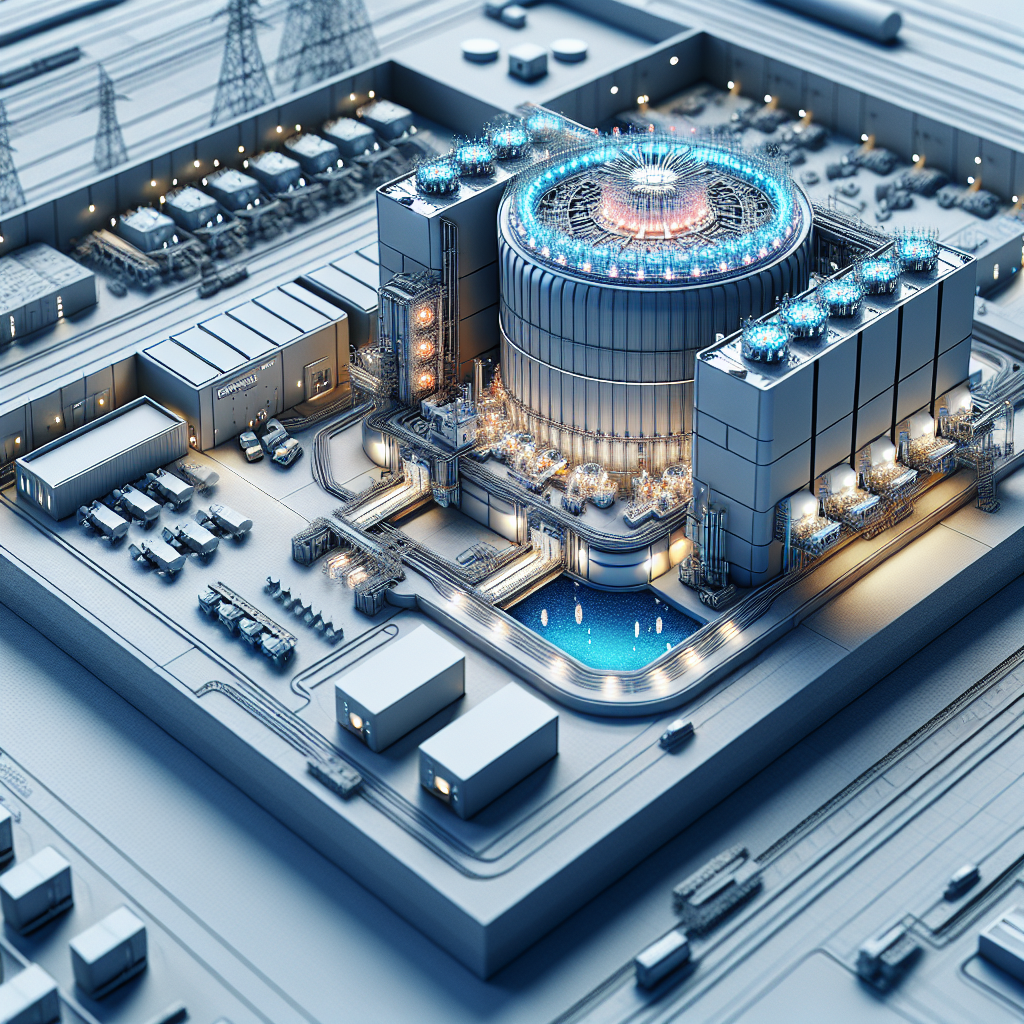India's Bold Step Towards Net-Zero with Small Modular Reactors
India plans to deploy 40-50 small modular nuclear reactors to replace captive thermal power plants in its quest for net-zero emissions by 2070. Tata Consulting Engineers and the Department of Atomic Energy are redesigning existing reactors to make them modular and safety-aligned. The initiative highlights the government's commitment to transitioning to nuclear energy.

- Country:
- India
India is set to deploy 40-50 small modular nuclear reactors, aiming to replace captive thermal power plants as part of its strategy to achieve net-zero emissions by 2070.
Amit Sharma, Managing Director and CEO of Tata Consulting Engineers, revealed that the 220-MWe Pressurised Heavy Water Reactor (PHWR) is being redesigned using 3D design platforms. This strategy is intended to standardize the reactors for easier deployment, particularly in older thermal power plants within sectors like steel, aluminum, copper, and cement.
The Department of Atomic Energy and Tata Consulting Engineers are jointly redesigning PHWRs to develop the Bharat Small Modular Reactor. With a target of creating 40-50 reactors within seven to eight years, the project underscores the need for high standardization, safety, and modularity. These SMRs, unlike conventional reactors, can be factory-built and are considered crucial for India's energy transition and climate change mitigation efforts.
(With inputs from agencies.)










